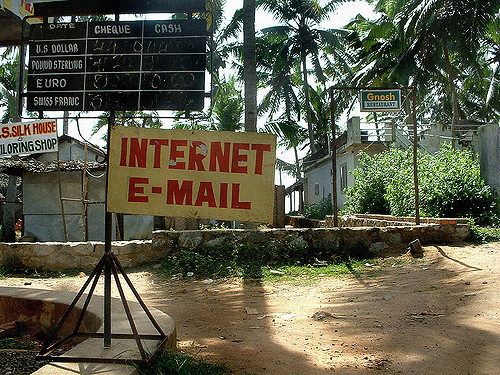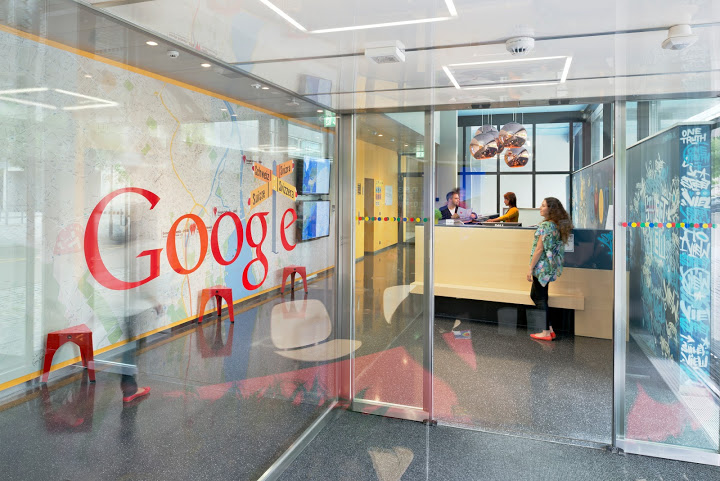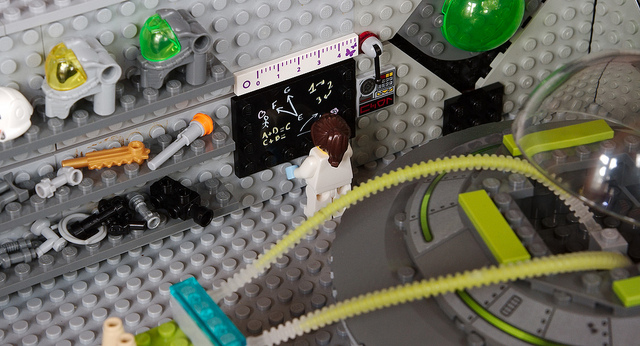Chances are if you run into someone on campus then the conversation will go something like this. “Hi, how’s it going?” “I’m so busy!” “Yep, me too! It must be that time of the semester.” It doesn’t matter when this conversation occurs because it is always that time of the semester. A study by John Ziker from Boise State University even provides data on how busy we are in higher education. In a blog post, Ziker found that professors at Boise work 61 hours per work and spend 17% of their time in meetings. The curse of knowledge work (which most of us in higher education are engaged in) is that it can largely be done anytime and anywhere. For too many of us that turns into all the time and everywhere.






